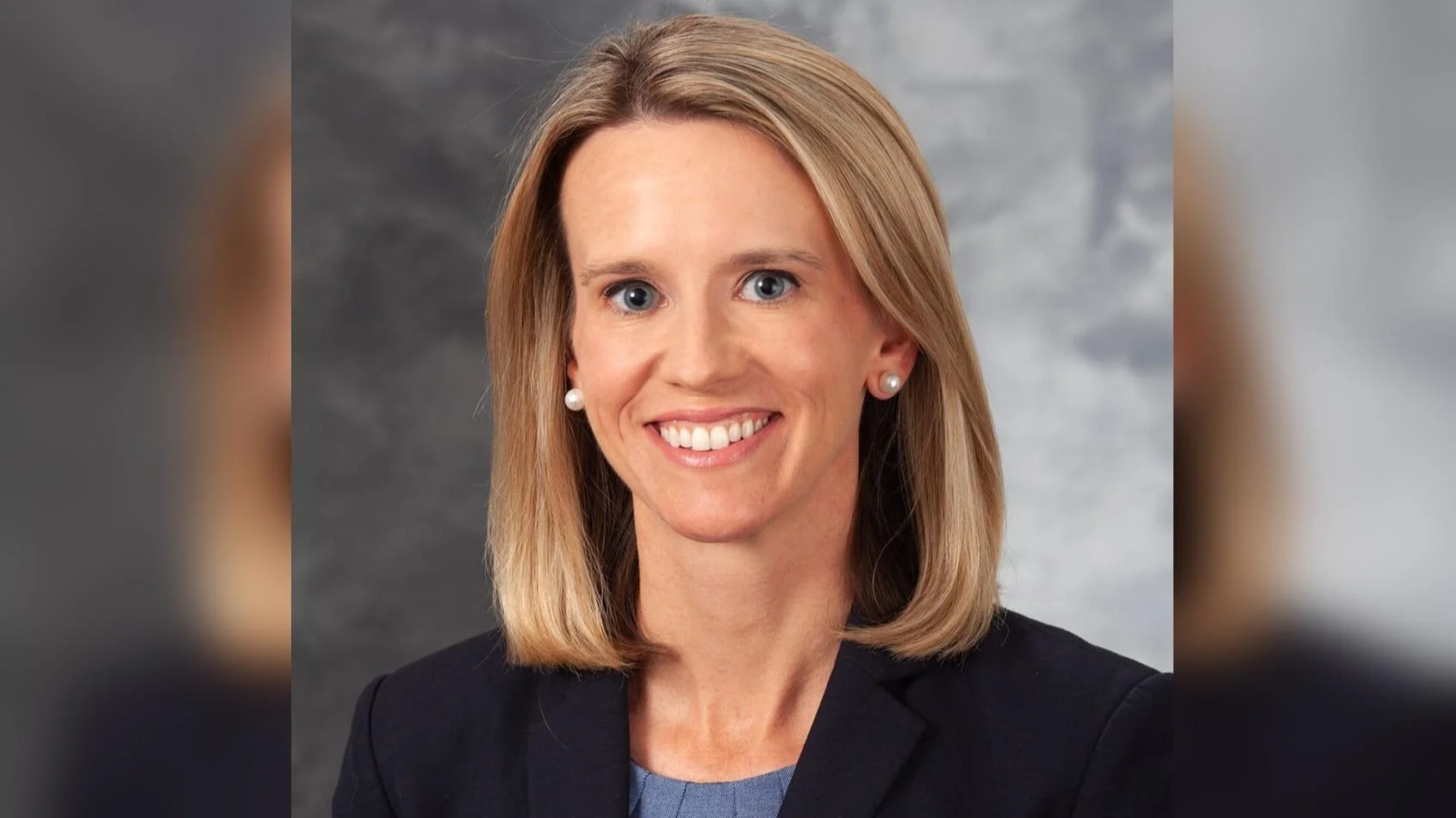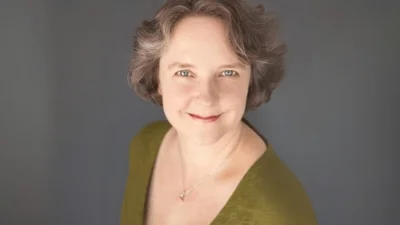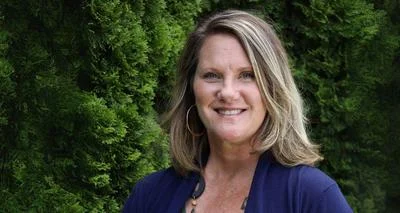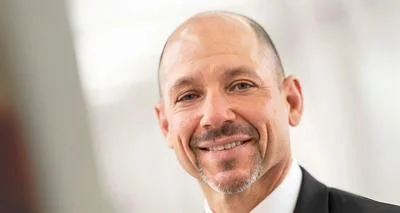Carey Gehl Senior Vice President, Chief Strategy Officer | U. of Wisconsin Hospital and Clinics
Carey Gehl Senior Vice President, Chief Strategy Officer | U. of Wisconsin Hospital and Clinics
Advances in cancer treatment are focusing on both the effectiveness of destroying cancer cells and patient tolerance to these methods. Dr. Vaishalee Kenkre, a hematologist specializing in lymphomas at the UW Carbone Cancer Center, is leading a clinical trial aimed at improving initial treatment for follicular lymphoma by reducing side effects and enhancing patient comfort.
Dr. Kenkre has joined forces with Dr. Andrew Evens from Rutgers Cancer Institute to conduct this multi-site investigation under the Big Ten Cancer Research Consortium. This consortium involves 16 Big Ten research universities collaborating to advance cancer discoveries and improve patient care.
“Big Ten CRC helps streamline things and make it smoother to communicate and operate,” Kenkre stated.
Follicular lymphoma is a slow-growing cancer affecting B-cells, a type of white blood cell. While treatable, it remains incurable, prompting healthcare teams to monitor patients until treatment becomes necessary if symptoms are not bothersome.
“We don’t treat patients who have a low burden of disease and no symptoms, because if we can’t cure them and they have a good quality of life without their cancer growing aggressively, then they wouldn’t benefit from going through treatments yet and potentially may feel worse due to side effects,” Kenkre explained.
The standard initial treatment includes six rounds of chemotherapy with immunotherapy. The trial tests adding a targeted therapy drug alongside three rounds of chemotherapy. This drug is currently used for relapsed follicular lymphoma cases with positive results.
“The way these things often evolve is that the novel agents are studied in (patients with) relapsed disease... you can start moving them earlier into care so we can get things under better control earlier on in treatment,” said Kenkre.
Reducing chemotherapy improves patient comfort, and early responses from study participants are promising.
“We’re looking to see equivalent or better outcomes (to the current treatment) because if we can achieve that with less side effects of chemotherapy, that’s a win,” she noted.
UW Carbone plays an active role in the Big Ten Cancer Research Consortium, having received its Institutional Leadership Award multiple times. Dr. Kari Wisinski serves on the consortium’s steering committee.
Together, Big Ten cancer centers enroll over 30,000 patients in clinical trials annually. The consortium's geographic reach allows more patients access than individual institutions could provide alone. The current trial spans several universities including UW, Rutgers, Ohio State, Northwestern, and University of Illinois Chicago.
“To be able to have enough patients to make the endpoints come together scientifically... It’s also a nice example of us not necessarily being geographically near each other to reach more patients,” Kenkre commented.






 Alerts Sign-up
Alerts Sign-up